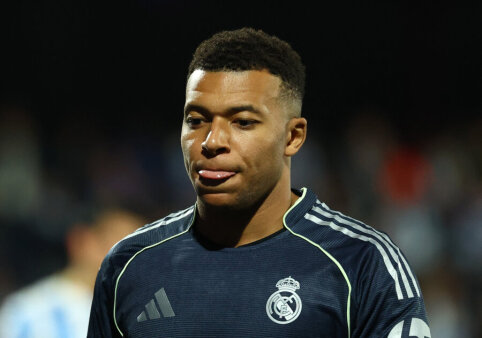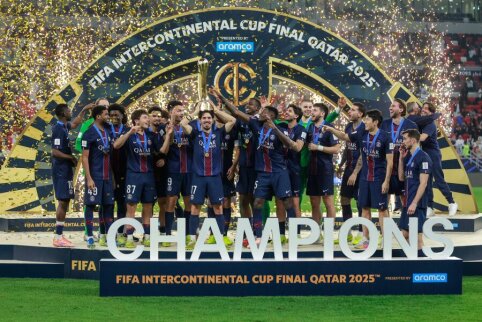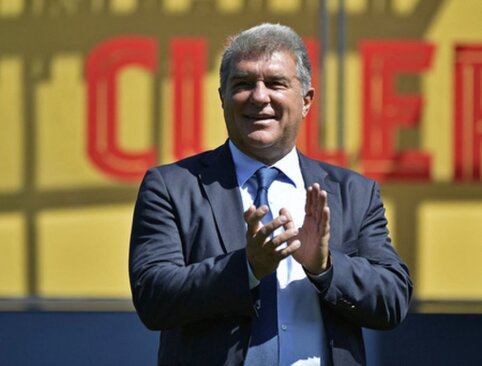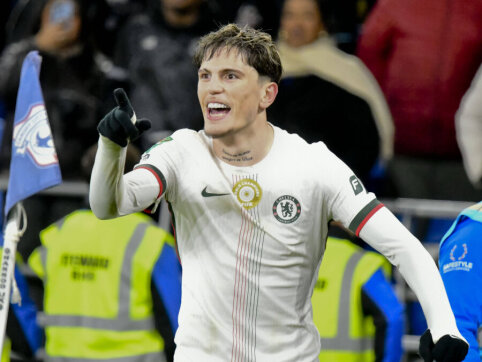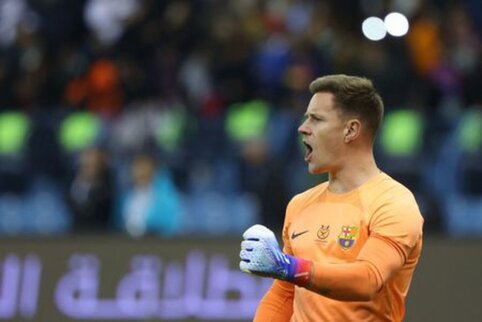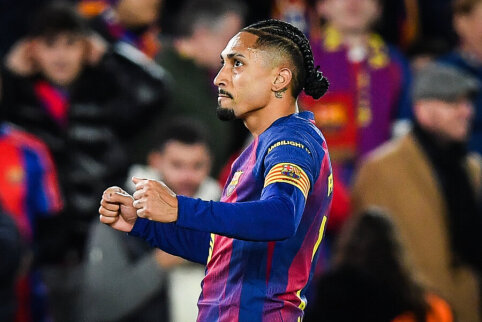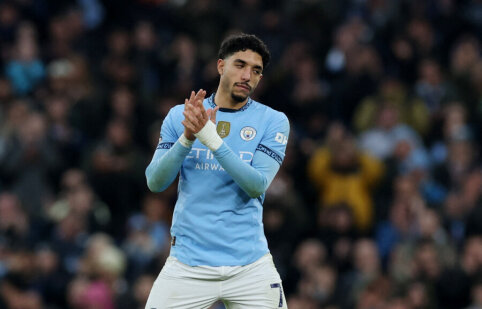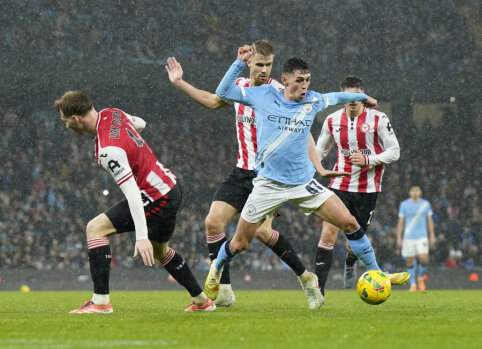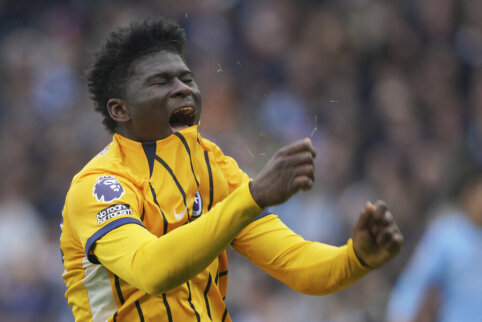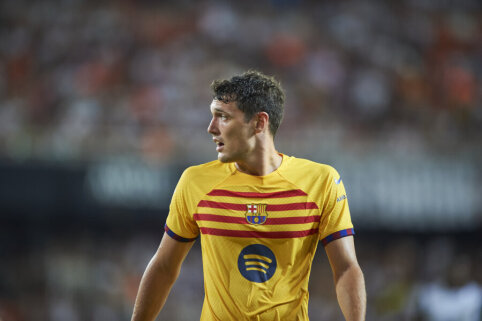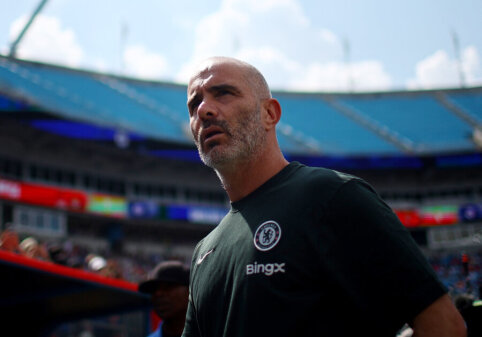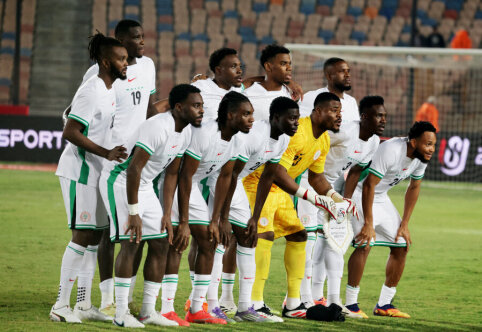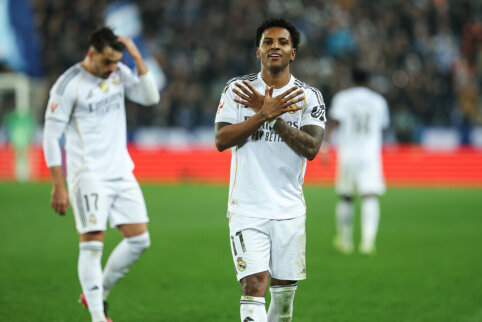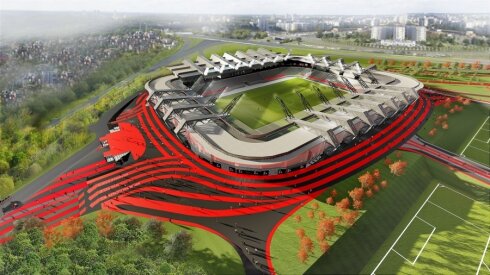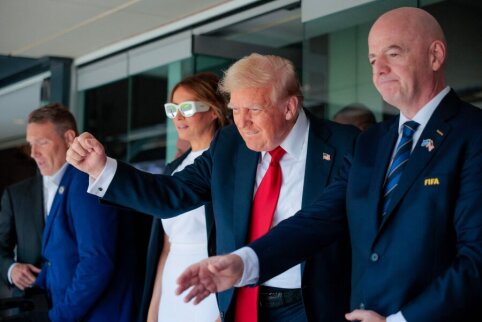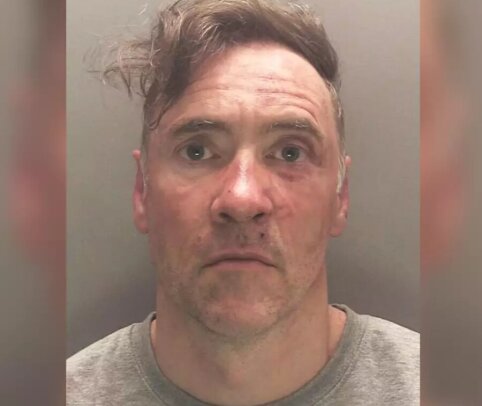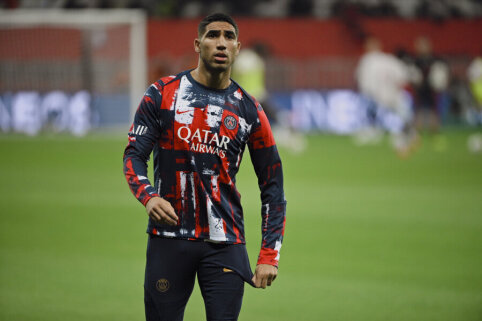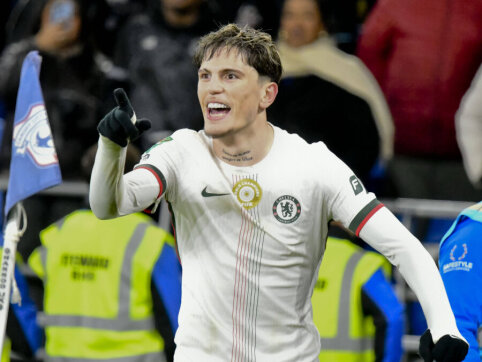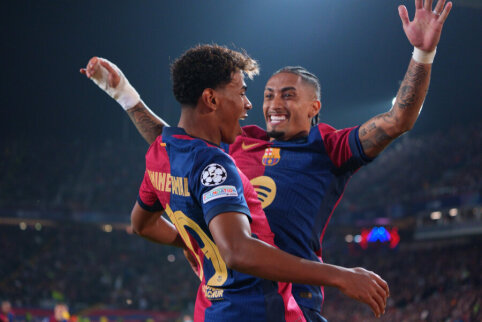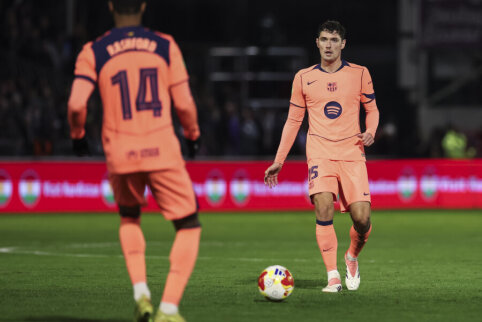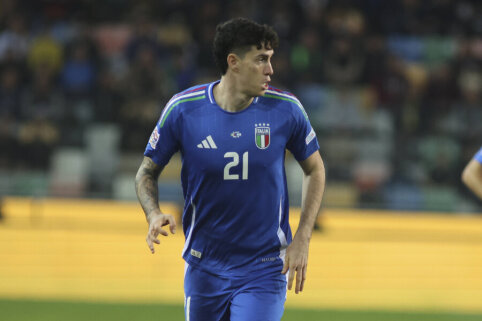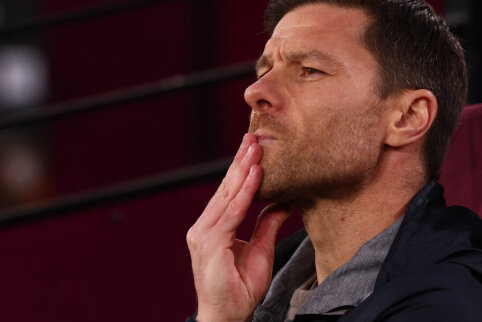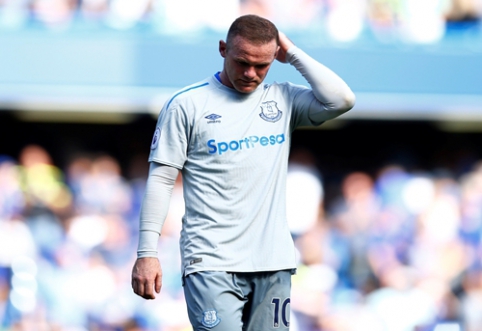
In the football world, there is constant talk about the most talented and promising football players who are soon to become the brightest stars of this sport. Since 2003, the most talented player in the world has been awarded the "Golden Boy" award, which is open to all footballers aged 20 or younger.
However, did all the players who received this award go on to become the brightest football stars in the world? As the announcement of the 2017 "Golden Boy" winner approached, Eurofootball.com decided to investigate how the careers of all the players who had won this award had unfolded and where the most famous players were playing at that time, who had failed to win this title.
First part: 2003 - Rafael van der Vaart
Third part of this article - tomorrow.
2004: Wayne Rooney
Former club: Manchester United
Current club: Everton
It was evident that Wayne Rooney was incredibly talented even before he turned 12. In the 1995-1996 season, representing the Everton youth teams for 10 and 11-year-olds, the striker managed to score 114 goals in 29 matches. At 15, he was already playing for Everton's under-19 team, and his first chance in the first team came before he turned 17.
In the summer of 2002, when he was 16, he went to training camp in Austria with the main Everton team, where he made an impression and got the opportunity to play in official matches. He made his debut for the first team in August 2002, scoring an assist in his debut against Tottenham Hotspur. Soon, he set another record and caught the attention of many. Five days before his 17th birthday, he scored a fantastic winning goal against Arsenal, becoming the youngest player in the Premier League to score a goal at that time.
Rooney's performance did not go unnoticed, and after the match, even rival managers complimented him. "W. Rooney is the biggest talent in England that I have seen since I started coaching in this country. Without a doubt - from the moment I started working as a coach in this country, there has been no other good player under 20 years old," said Arsenal manager Arsène Wenger.
His impressive debut earned him the title of the youngest hat-trick scorer in the Champions League. At the end of 2004, he won the "Golden Boy" award after defeating many famous players who also aspired to the title. However, maintaining such a pace throughout the season proved challenging for the young talent, as he did not score in the Champions League that season, and the 14 goals he scored for the Red Devils did not bring any titles.
His first title came the following season, as he won the league cup with United, scoring two goals in the final. He ended the season with 19 goals but faced scandals both on and off the field. In the Champions League, Rooney received a red card for sarcastic applause to a match referee, and his former coach David Moyes took the player to court over inaccurate statements. Two years later, the former mentor Moyes was forced to pay Rooney half a million pounds and apologize for the false statements.
Before the start of the 2006-2007 season, Rooney hit a defender Pepe in the face during a friendly tournament, which brought negative attention to him back in England. The Football Association decided to hand over a three-match ban for such actions, and the fiery player immediately threatened to withdraw the image rights from the Football Federation, if the decision was not changed. Although the federation rejected his demands, the player turned his anger into aggressive play on the field and played his most impressive season, scoring 23 goals.
Upon returning from the World Cup, Rooney was welcomed by Everton with a new contract, which, if signed, would have earned him £50,000 a week. However, Rooney rejected the offer and requested to be sold. Scandals in his personal life started surfacing - he was unfaithful to his partner, and later confessed to using escort services in Liverpool during that time. The player argued that his behavior was due to his youth and immaturity at the time.
Amidst personal issues, Rooney publicly expressed his desire to leave the team in the summer of 2010. Ultimately, he signed a new five-year contract with Manchester United, dismissing offers from Chelsea, Arsenal, Paris Saint-Germain, and Real Madrid.
Rooney's career:
2002-2004 Everton - 77 matches, 17 goals;
2004-2017 Manchester United - 559 matches, 253 goals;
2017- Everton - 9 matches, 2 goals;
England national team - 119 matches, 53 goals.
Rooney left a permanent mark on the England national team, scoring 53 goals and becoming the all-time top scorer of his country. He represented England in three World Cups and three European Championships, but failed to win any titles. In August of this year, the longtime England national team player announced that he had retired from the national team.
Most Memorable Wayne Rooney Moments at Old Trafford:
Wayne Rooney's career:
Most well-known players in this age group (1984-1985 birth years) who did not win this title: ...
Unlike the previous year, in 2004 the journalists who voted for the "Golden Boy" winner had a huge choice, as many of the contenders were already playing at the highest level competitions and did not play minor roles.
The biggest competitor for Wayne Rooney for the "Golden Boy" award was considered to be his teammate Cristiano Ronaldo. While the Portuguese was also playing a significant role for England, he had not been as productive in his first years in England. This, coupled with Rooney's stellar performance, likely led to him being chosen as the most talented player ahead of Ronaldo.
Another player unable to win the title for the second year in a row was Fernando Torres. The Spaniard had another solid season with Atletico Madrid in 2003-2004, scoring 19 goals in La Liga, but he could not compete with his main rivals in terms of achievements on the national team front. Although he played 11 matches for the national team in 2004, he only managed to score once, in a friendly match against Italy.
Arjen Robben was another player whose talent was often talked about in European football at that time. After securing his role at PSV Eindhoven and the Dutch national team, Robben made a significant impact in the Premier League after moving to Chelsea. However, his chances to shine on the field were limited by continuous injuries.
Andres Iniesta was an upcoming player at Barcelona in 2004, but he was not a starter at that time, which hindered his ability to showcase his talent. Javier Mascherano took a significant step in his career that year. The Argentina player was not even considered for any youth national team, but after 10 matches for Argentina, his play started garnering wider recognition.
Thiago Silva's 2004 was a crucial year in his career. The player was not yet considered one of the world's most talented players, and he had not yet played for Brazil's youth teams. He moved to Porto that summer after standing out in Brazil's Juventude team, but he did not immediately debut for the main team and only played 14 matches for the reserve team.
Luka Modric was named the UEFA Champions League midfielder of the year in 2004 even though he was far from being part of European football's elite leagues. Loaned by Dinamo Zagreb to Zrinjski Mostar in Bosnia at that time, the 18-year-old Bosnia player struggled to play and became the best player in the league. After such a season, Modric, who was previously criticized for his slim build and lack of opportunities in men's football, responded with a phrase that he later proved with his career achievements: "If a footballer can play in the Bosnian league, he can play anywhere else."
